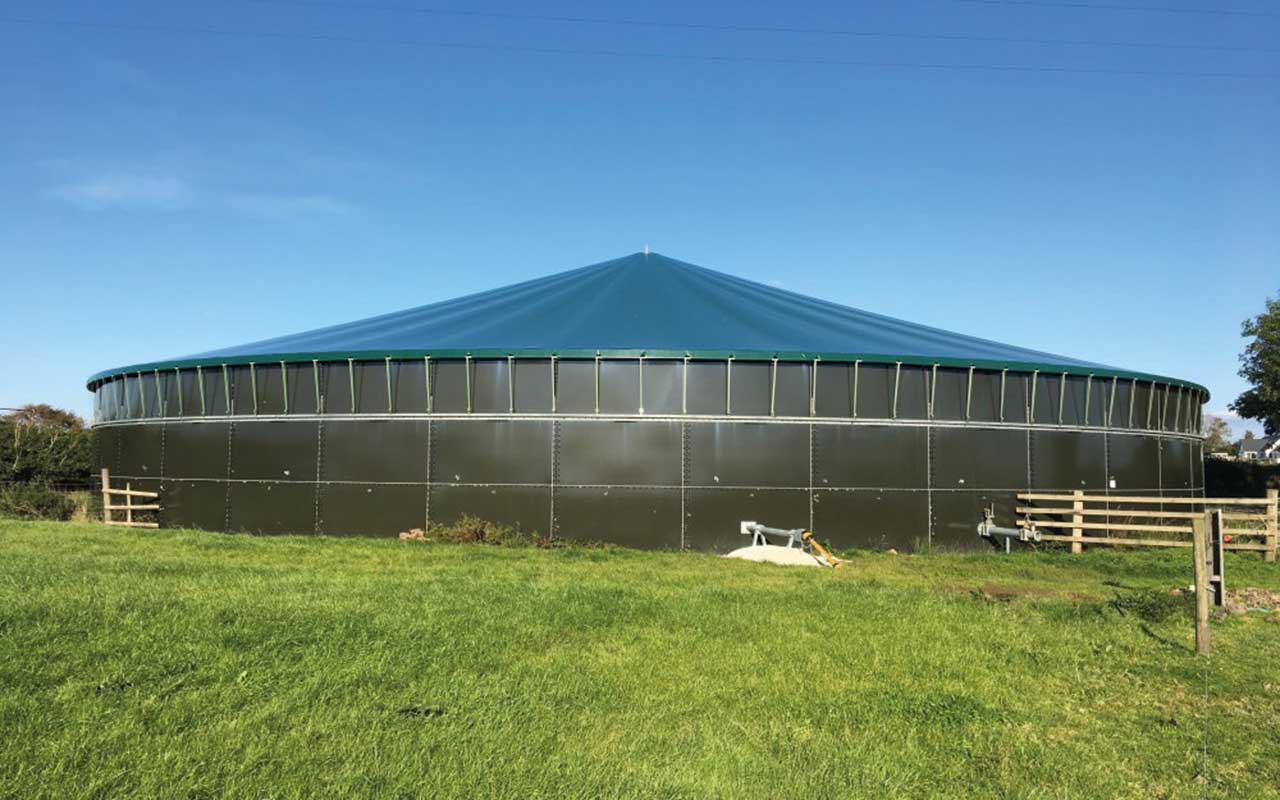The future of key Defra grant schemes relevant to the pig sector is currently uncertain, as the department undergoes a review that is causing apprehension within the farming community. Despite having a record budget of £5 billion for farming and environmental initiatives over a two-year period, Defra has stated that it is streamlining and consolidating grant funding due to unsustainable spending resulting from high demand for certain grant items.
Defra is currently evaluating all grants to ensure they align with its core priorities, with further updates expected in early 2025. Richard Wordsworth, a support scheme adviser for the NFU, highlighted that flagship schemes under the Environmental Land Management scheme umbrella have consumed a significant portion of the funding, even with the premature termination of basic payments in England. He provided insights into the implications of the review for key schemes within the pig sector.
Farming Equipment and Technology Fund (FETF) is a significant scheme comprising three strands: productivity enhancement, slurry management, and animal health and welfare, with allocated budgets of £70 million, £10.5 million, and £20 million respectively in 2024. The first round of the 2024 FETF, offering grants of up to £25,000 or £50,000 for various small items, received substantial interest, including from pig farmers. The subsequent application windows for FETF 2024, originally anticipated for the summer and autumn, have been confirmed by Defra to be canceled. The possibility of a 2025 offer remains uncertain pending the grant review.
The Slurry Infrastructure Grants (SIG) scheme allowed farmers to apply for grants ranging from £25,000 to £250,000 to enhance slurry storage facilities. While the initial application window for round 2 closed in January 2024, the process for shortlisted applicants is ongoing. The anticipated round 3 with an increased budget has not materialized and is now subject to the ongoing review. Despite the uncertainty, the continued importance of water and air quality concerns may support the justification for future rounds of SIG.
Infrastructure grants linked to the Animal Health and Welfare Pathway are of particular interest to the pig sector, as they support large-scale projects. Rounds 1 and 2 focused on calf and hen housing, with plans for round 3 in 2025 to center on converting indoor pig farrowing accommodation. However, the status of round 3 remains unclear, with discussions still in early stages. The transition to flexible farrowing systems, which is costly but essential, underscores the significance of infrastructure grants for the industry.
Capital grants, including those under the Countryside Stewardship program for initiatives like covering slurry stores, are currently on hold as applications have exceeded the available budget. The temporary pause reflects the high demand for these grants and the need for careful allocation of resources to ensure sustainability and effectiveness.
In conclusion, the evolving landscape of Defra grant schemes presents challenges and uncertainties for the pig sector and the wider farming community. The ongoing review and potential changes to key schemes emphasize the importance of adapting to new funding structures and priorities to support sustainable agriculture practices and environmental stewardship. Stay tuned for further updates as Defra continues to refine its grant funding strategy in the coming months.




